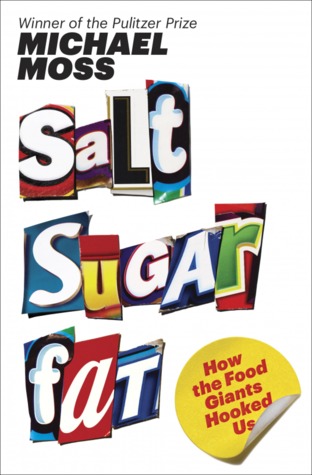Daughters Who Walk This Path is Yejide Kilanko's first novel. It's centered on Morayo, a Nigerian girl who is bright, fun, and grows up surrounded by a big family and many friends. When she is about 12 years old, Morayo's cousin Bros T moves in with her family. Bros T is tall, handsome, and charming, but he's also in trouble. He was kicked out of school, was caught stealing from his own family, and seems a little too touchy-feely with Morayo and her sister. Bros T sexually abuses Morayo, and even after she speaks out and he is forcibly removed from her home, the horrors of her experience continue to shape Morayo's life.
It's hard to make a book about surviving rape sound anything but depressing, but this book is not depressing. Yes, there are depressing scenes. But there is also so much depth and love and forgiveness and passion and strength here, and I don't want you to miss it because you're nervous about one aspect of the book. I was nervous about it, too, but I am very glad I read this one.
It's hard to make a book about surviving rape sound anything but depressing, but this book is not depressing. Yes, there are depressing scenes. But there is also so much depth and love and forgiveness and passion and strength here, and I don't want you to miss it because you're nervous about one aspect of the book. I was nervous about it, too, but I am very glad I read this one.








